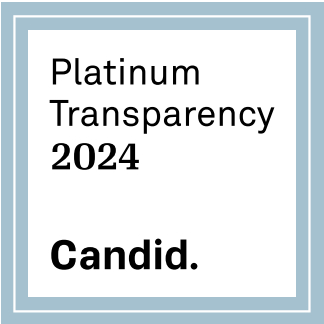Is surgery an option for you?
Surgery is an alternative that is generally applied when long-term medical treatment is either ineffective or undesirable, or when certain complications of GERD are present. When considering surgery as a treatment for GERD a thorough review of all aspects of the procedure with a gastroenterologist (a physician who specializes in these disorders) and a surgeon is advised.
Side effects or complications associated with the surgery occur in 5-20% of patients. The most common are difficulty swallowing or impairment of the ability to belch or vomit. Side effects are usually temporary, but they sometimes persist.
Read more about surgical treatments for GERD
Antireflux surgery can break down, similar to hernia repairs in other parts of the body. The recurrence rate is not well defined but may be in the range of 10-30% over 20 years. A number of factors can contribute to this breakdown. In some individuals, even after surgery, reflux symptoms may persist and the use of medication may need to continue.
The effectiveness and side effects or risks associated with medical and surgical therapy for GERD have been well studied. Newer endoscopic treatments are not yet as well studied.
Some individuals who are helped by pharmacologic (drug) therapy, but who require long-term therapy, would prefer a non-surgical, non-pharmacologic option for treatment of their symptoms. This has led to research and development of newer endoscopic procedures designed to treat GERD.
However, the safety and effectiveness of these procedures is yet to be established. Data has not yet established efficacy, safety, cost, durability and, possibly, reversibility; there is presently no definite indication for endoscopic therapy of GERD.[4] Before undergoing any endoscopic antireflux procedure careful consideration of the alternatives should be talked about with a physician to gain a clear understanding of known side-effects, the absence of long-term data, and the risk of major complications.
Looking for a healthcare provider? Check out our list of providers to build a healthcare team that is right for you.









